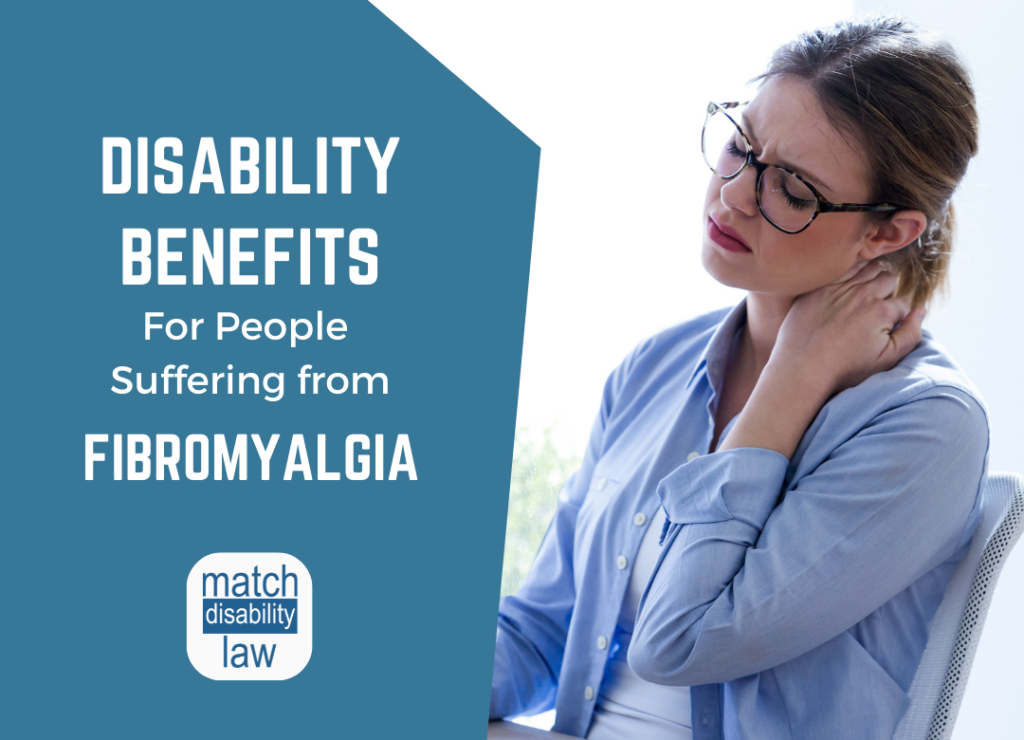The CDC estimates that 4 million adults in the United States are affected by fibromyalgia. Characterized by persistent body-wide pain, often in the joints or muscles, those with this condition can also experience fatigue, sleep problems, and memory and mood issues. Its cause is still unknown.
Fibromyalgia can be a frustratingly difficult disease to diagnose. There are no definitive tests to determine whether someone has it or not, symptoms can change in intensity over time, and its effects vary from one person to the next.
While some people with fibromyalgia are able to successfully manage their symptoms, for others, the disorder makes it impossible for them to earn a living. Disability benefits may be their only option to support themselves and their families.
In 2012, the Social Security Administration (SSA) issued an important ruling that lists specific guidelines for how it evaluates benefit applications for people with fibromyalgia. Like all other disability claims, applicants must show both that they have the disease, and that its impacts are so severe they are unable to work.
In order to prove the applicant has fibromyalgia, SSA requires objective medical evidence to show:
- They have had widespread pain in all four quadrants of their body, which has persisted for at least 3 months.
- A medical doctor has determined they have the required number of symptoms listed in either of the American College of Rheumatology’s diagnostic criteria, specifically:
- Either tenderness in at least 11 of 18 specific tender point sites, on both sides of the body and above and below the waist; or
- Repeated occurrences of 6 or more symptoms, especially fatigue, cognitive problems, waking unrefreshed, depression, anxiety, or irritable bowel syndrome.
- There is no evidence of any other disorder that could cause their symptoms.
As the third point makes clear, it is absolutely critical that an applicant’s symptoms cannot be attributed to another disease, such as rheumatoid arthritis, lupus, or Lyme disease. An application to the SSA may be stronger if it includes records from medical specialists, such as a rheumatologist or neurologist, who have ruled out diagnoses other than fibromyalgia.
If you or someone you love is unable to work because of fibromyalgia, contact Match Disability Law for more information about the SSA application process.


